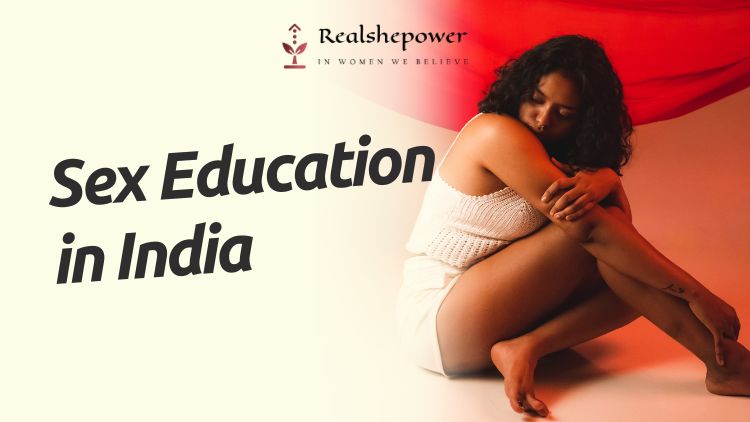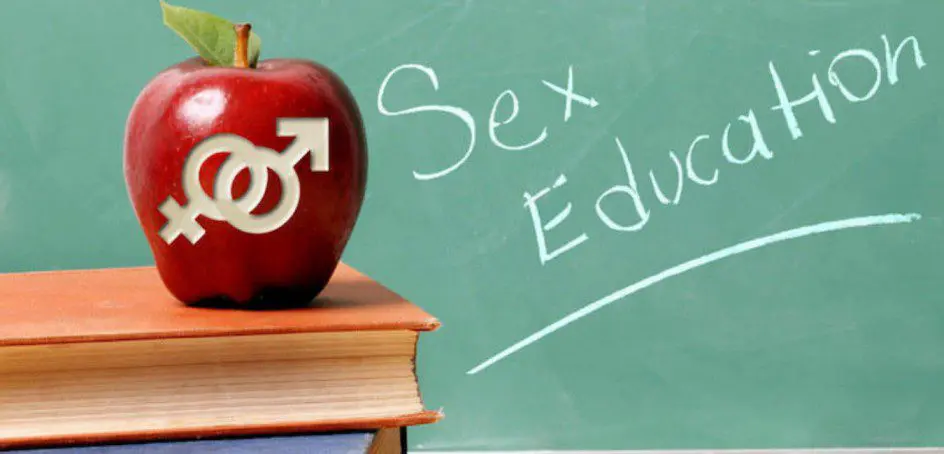Understanding Sex Education in India: Importance, Challenges and Way Forward


Table of Contents
Introduction
Sex education is a crucial aspect of adolescent health and well-being. It equips individuals with the knowledge, skills and attitudes necessary to make informed decisions about their sexual and reproductive health. However, in India, sex education continues to face challenges despite its growing importance in a rapidly changing society.
The Importance of Sex Education in India
Sex education is essential in a country like India where the adolescent population is rapidly growing, and the incidence of teenage pregnancies, sexually transmitted infections (STIs), and HIV/AIDS is on the rise. Inadequate sex education can lead to unintended pregnancies, unsafe abortions, and increased rates of STIs and HIV/AIDS. Additionally, it can perpetuate gender stereotypes and lead to sexual violence and exploitation.
Effective sex education can help prevent these outcomes by providing accurate and age-appropriate information on sexual and reproductive health, including contraception, STIs, and consent. It can also help promote healthy relationships, gender equality, and respect for diversity.

Challenges Faced by Sex Education in India
Despite its importance, sex education faces several challenges in India. One of the biggest challenges is societal attitudes towards sex education, which can be conservative and taboo. In many parts of India, discussing sex and sexuality is considered immoral and inappropriate. This attitude towards sex education can lead to limited access to information and a lack of awareness about sexual and reproductive health.
Another challenge is the limited availability of sex education in schools. Although the National Curriculum Framework (NCF) introduced sex education as part of the curriculum in 2005, it remains a contentious issue, and its implementation has been inconsistent. Many schools do not provide comprehensive sex education, and teachers may lack the necessary training and resources to deliver it effectively.
A third challenge is the lack of engagement with parents and communities. In India, parents and communities play a significant role in shaping adolescent attitudes towards sex and sexuality. However, parents may feel uncomfortable discussing sex education with their children or lack the necessary knowledge to do so effectively. This lack of engagement can result in conflicting messages about sexual and reproductive health and lead to confusion among adolescents.
A Way Forward for Effective Sex Education in India
Despite the challenges faced by sex education in India, there are ways to ensure its effectiveness. One way is to adopt a comprehensive approach to sex education that addresses not only the physical aspects of sexual and reproductive health but also the social and emotional aspects. This approach should be age-appropriate and culturally sensitive and take into account the diverse needs of adolescents.
Another way is to provide training and resources to teachers to deliver effective sex education. This includes training on how to create a safe and inclusive learning environment, how to address sensitive topics, and how to communicate effectively with adolescents.
Engaging with parents and communities is also crucial for effective sex education. This can be done by involving them in the development and implementation of sex education programs and providing them with the necessary information and resources to support their children’s sexual and reproductive health.
Finally, promoting open and honest discussions about sex and sexuality is essential for changing societal attitudes towards sex education in India. This can be achieved through public awareness campaigns and advocacy efforts that emphasize the importance of sex education for adolescent health and well-being.

Conclusion
Sex education is an essential aspect of adolescent health, but in India, it continues to face challenges. These challenges can be addressed through a comprehensive approach that takes into account the diverse needs of adolescents, provides training and resources to teachers, engages with parents and communities, and promotes open and honest discussions about sex and sexuality. By doing so, we can ensure that adolescents have access to the information and skills necessary to make informed decisions about their sexual and reproductive health and promote a healthier, more equitable society.
Some Interesting Facts:
- In a survey conducted by the National Family Health Survey in 2019-20, it was found that only 38.1% of women and 35.7% of men in India aged 15-49 have ever received sex education.
- A study conducted by the World Health Organization in 2018 found that nearly 30% of girls in India are married before the age of 18, which increases the risk of early and unintended pregnancies.
- India has the third-highest number of people living with HIV in the world, with an estimated 2.35 million people living with the virus in 2019.
- In 2016, the Indian government introduced the Adolescent Reproductive and Sexual Health (ARSH) program, which aims to improve access to sexual and reproductive health services for adolescents.
- According to the Indian Medical Association, about 70% of young people in India are ignorant of the risks of unprotected sex and the use of contraceptives.
FAQs:
What is sex education?
Sex education is the process of providing information and guidance to individuals about sexual and reproductive health. It covers topics such as contraception, STIs, puberty, and healthy relationships.
Why is sex education important?
Sex education is important because it helps individuals make informed decisions about their sexual and reproductive health. It can help prevent unintended pregnancies, STIs, and HIV/AIDS, promote healthy relationships, and address gender stereotypes and sexual violence.
Is sex education mandatory in India?
Sex education is not mandatory in India, but it is included in the National Curriculum Framework. However, its implementation has been inconsistent, and many schools do not provide comprehensive sex education.
What is the legal framework for sex education in India?
Sex education is not covered under any specific legislation in India. However, the National Curriculum Framework, which sets the guidelines for education in India, includes sex education as part of the curriculum.
What are the different approaches to sex education in India?
There are three approaches to sex education in India – abstinence-only, abstinence-plus, and comprehensive sex education. The abstinence-only approach emphasizes abstinence from sexual activity until marriage, while the abstinence-plus approach promotes abstinence as the best option but also includes information on contraception and STIs. Comprehensive sex education covers a range of topics including relationships, gender, puberty, and sexual health.
Is sex education only for adolescents?
No, sex education is important for people of all ages. It can help individuals make informed decisions about their sexual and reproductive health throughout their lives.
Are there any cultural barriers to sex education in India?
Yes, in India, sex education faces cultural barriers due to conservative attitudes towards sex and sexuality. Many people view sex education as promoting promiscuity and immorality, which can make it difficult to implement comprehensive sex education programs. Additionally, there is a lack of education and awareness about sexual and reproductive health, which can perpetuate myths and misconceptions.
You can now write for RSP Magazine and be a part of the community. Share your stories and opinions with us here.
